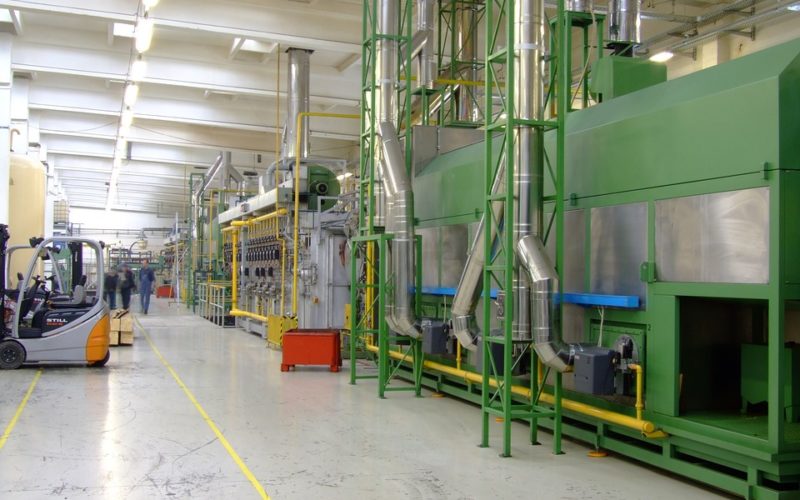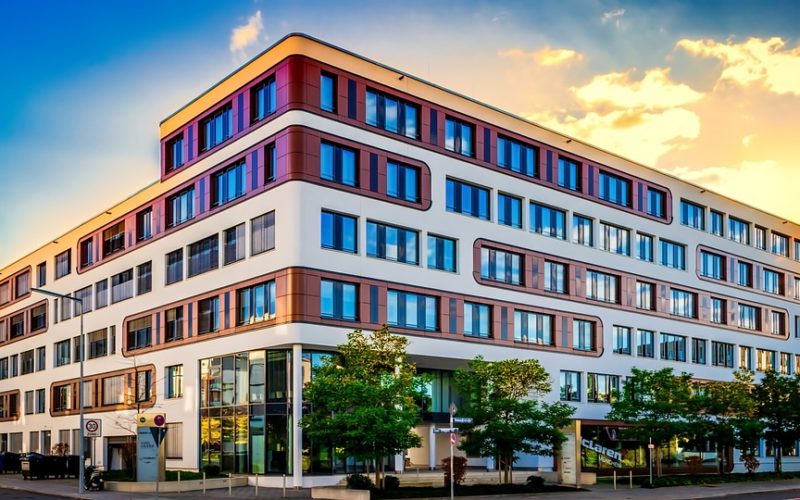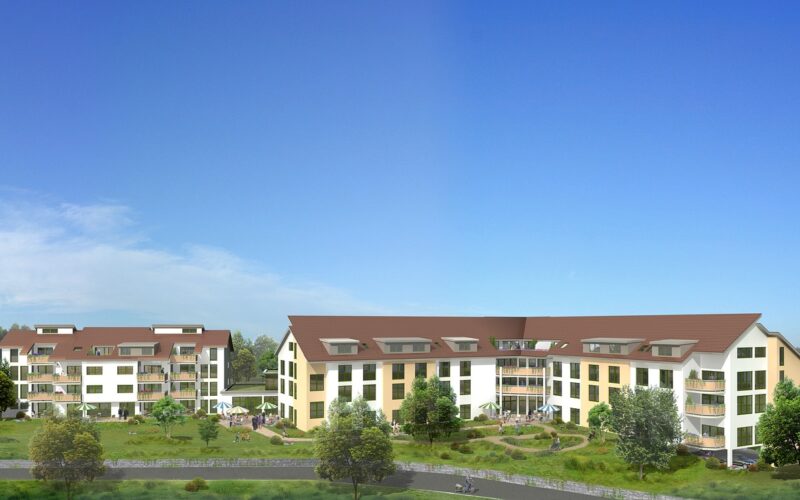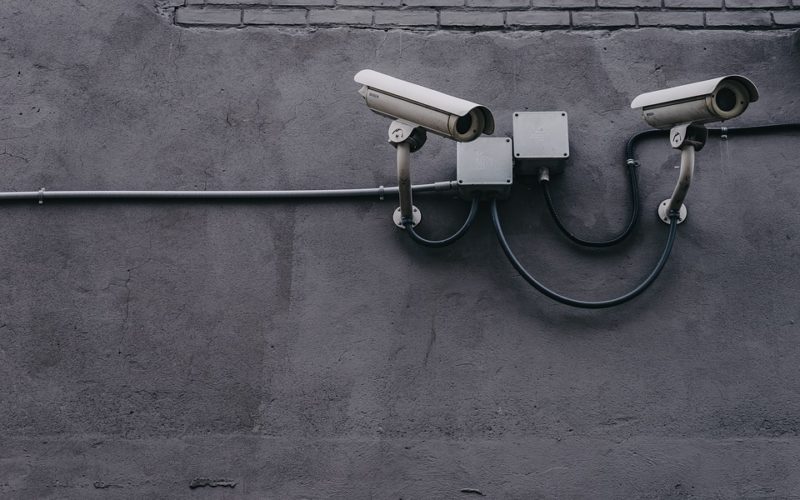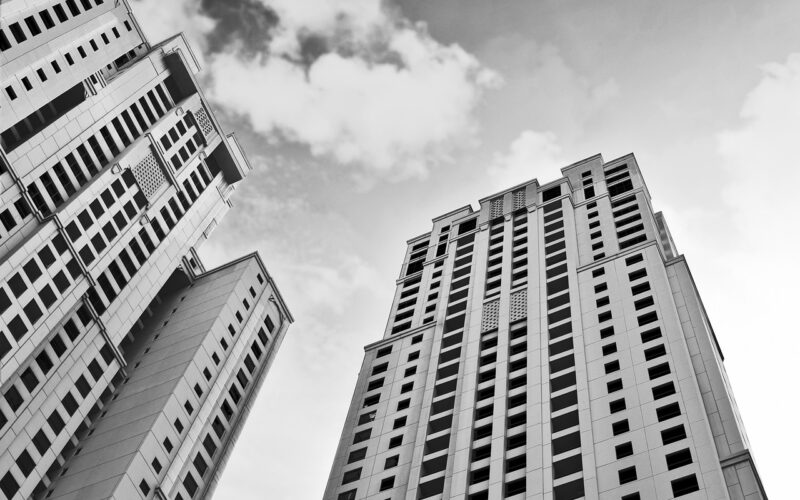The Role Of a Building Manager
Managing a building is no small feat. It involves a delicate balance of ensuring the building is running smoothly, the occupants are content, and that all health and safety regulations are met.
The backbone of efficient building operation
At the heart of any building management role is the ability to oversee and ensure the efficient operation of all aspects of the property. This includes regular maintenance checks, coordinating cleaning services, addressing repairs promptly, and ensuring that common areas are properly cared for. The building manager acts as a conductor, making sure each part of the building is in harmony with the others.
A crucial aspect of this role encompasses dealing with all things plumbing. It's often underestimated just how pivotal a competent plumber Manchester is to the seamless operation of a building. For routine issues or the dreaded emergency plumber Manchester situations that require immediate attention, the building manager must have trusted professionals on speed dial.
Mastering preventive and emergency maintenance
Preventive maintenance is the oil that keeps a building's engine running without hitches. Scheduling regular inspections and servicing key systems like HVAC, lifts, and especially the boilers, helps avoid disruption and discomfort for the building's occupants. When it comes to boiler installation Manchester and boiler service Manchester, the building manager must ensure these tasks are performed by certified professionals to maintain warranty and to ensure the safety and warm comfort of the inhabitants.
However, preventive measures can't avert every issue, and that's when a building manager's emergency response skills are put to the test. It's their duty to respond swiftly to urgent maintenance issues, whether it’s a burst pipe requiring an emergency plumber or a power outage that needs a rapid resolution.
Ensuring tenant satisfaction and safety
A building manager is the point of contact for tenants' queries and concerns. Ensuring tenant satisfaction is multifaceted; it involves addressing complaints, facilitating requests, and sometimes mediating disputes. The utmost aim is to create and maintain a safe and pleasant environment for all residents or users of the building.
Safety is paramount and non-negotiable. Regular safety drills, up-to-date fire prevention systems, and a thorough understanding of all health & safety regulations are just the starting point. The building manager must also ensure compliance with all legal requirements to protect both the tenants and the building's owner.
Precision in administration and financial oversight
Behind the scenes, administrative tasks and financial management are core responsibilities of a building manager. They are responsible for managing budgets, maintaining accurate records of all transactions, expenditures, and managing service contracts.
A knack for precision is beneficial, not just in the financial books but also in the nitty-gritty of contracts. Negotiation skills come into play when securing service agreements with vendors like plumbers or cleaning services, ensuring good value for money without compromising on quality.
Keeping ahead with technology and sustainability
A modern building manager also needs to be forward-thinking, leveraging technology to improve building efficiency and to remain competitive in the real estate market. This includes upgrading systems to smart technologies which can result in significant cost savings and a better user experience for tenants.
Environmental sustainability is also increasingly under the remit of a building manager. They must seek out and implement eco-friendly practices, such as efficiently managing waste and conserving water, which often can lead to reduced operational costs.
Building management expertise
Abuilding manager's duties are as varied as they are vital. From the practical skills required to manage maintenance and respond to emergencies, to the interpersonal skills necessary for tenant relations, and the administrative prowess needed for managing finances and contracts, their role is comprehensive.
The heart of building management lies in the understanding that a well-maintained building means a well-served community of occupants. It's a job that requires a blend of technical know-how, people skills, and strategic thinking. Fulfilling these duties not only maintains the value of the property but also ensures peace of mind for everyone who calls the building their home or place of work.

